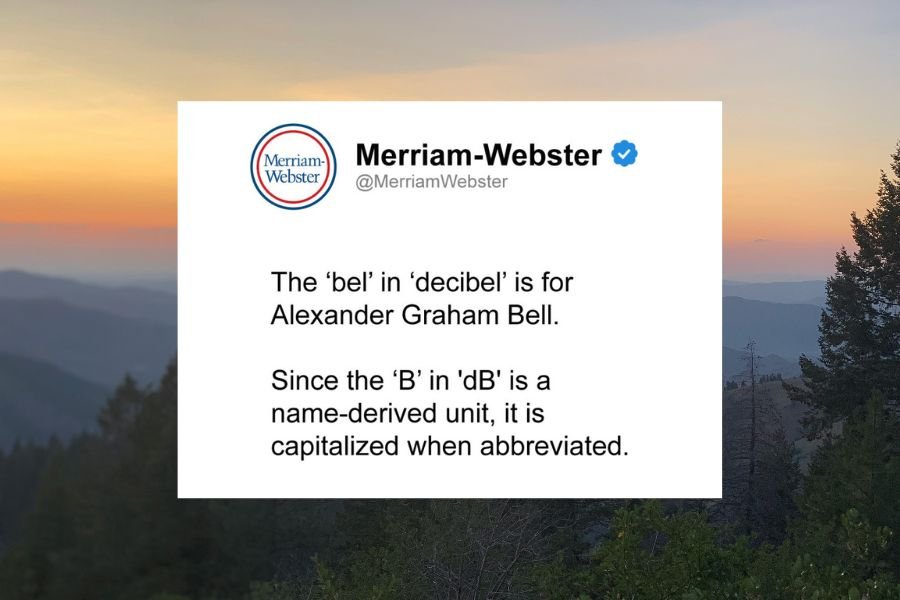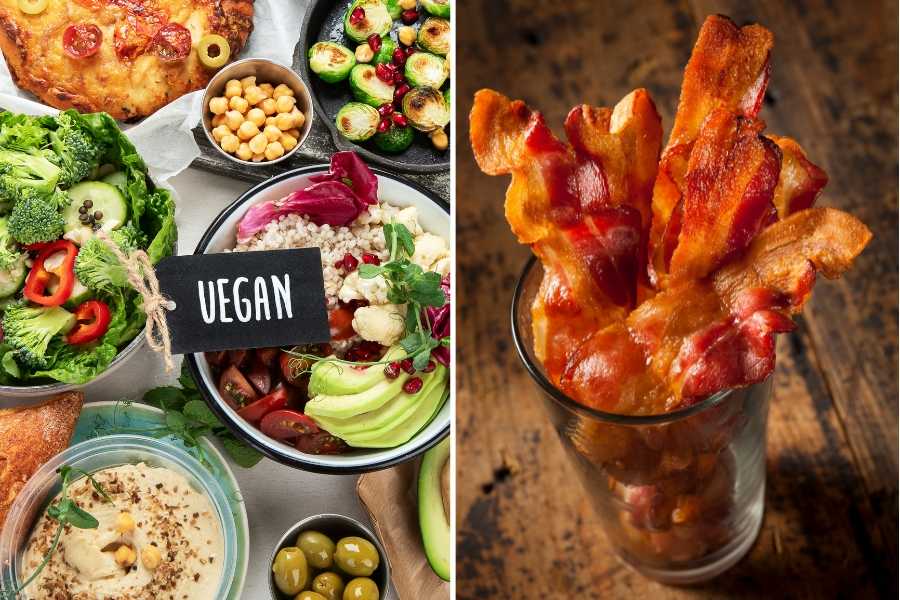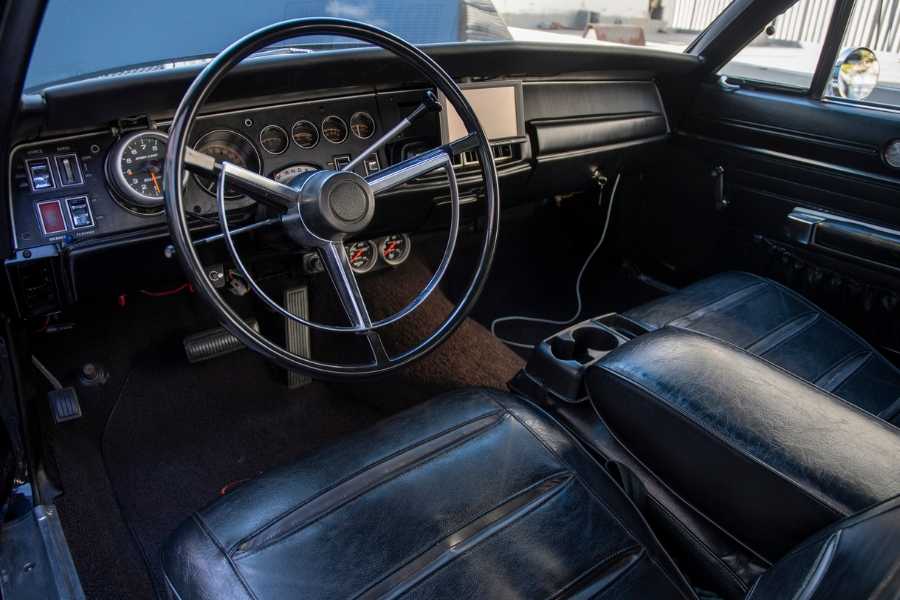The “I was today years old when I learned” meme might be a bit overdone at this point, but thanks to the random factoids people share on the internet, it’s a near-daily reality. Rarely do we go an entire day without seeing some surprising, delightful or head-scratching piece of info cross our feeds.
Let’s take the etymology of words, for example. Did you know that the word “jumbo” originated from an exceptionally large elephant named “Jumbo,” and not the other way around? Or that the word “muscle” comes from the Latin musculus, meaning “little mouse,” because the Romans thought that muscles moving looked like mice running under the skin?
It’s fun to see where things come from, but sometimes we can be surprised by an origin that we thought for sure couldn’t be right, but actually is. For instance:
Michelin star ratings for fancy restaurants come from the Michelin tire company.
Yes, really. The assumption many of us have been operating under is that Michelin the restaurant review guide must have been founded by some hoity toity French restaurant critic and not the tire company with the Stay-Puft Marshmallow Man mascot. Yet here we are, being all wrong.
They don’t even try to hide it, so it’s surprising that many of us don’t know this. The logo and the Michelin man are right there at the top of the Michelin guide website, and the story of how the guide came about is shared on the About Us page:
“It all started in Clermont-Ferrand in central France in 1889, when brothers Andre and Edouard Michelin founded their eponymous tire company, fuelled by a grand vision for the French automobile industry at a time when there were fewer than 3,000 cars in the country. In order to help motorists develop their trips – thereby boosting car sales and in turn, tyre purchases – the Michelin brothers produced a small guide filled with handy information for travellers, such as maps, information on how to change a tyre, where to fill up on petrol, and wonderfully – for the traveller in search of respite from the adventures of the day – a listing of places to eat or take shelter for the night.”
The Michelins gave away the guide for free until one of them saw a tire shop using them to prop up a workbench. They decided to demonstrate the value of the guide by charging money for it. They also started sending mystery diners to review restaurants anonymously, and over the next hundred years they’d hone the star rating system that restaurants now aspire to impress with.
The “Guinness” of The Guinness Book of World Records is actually the same Guinness as the beer company.
Similar story here—who knew this was the same Guinness? Only this time, the offshoot was founded not by Guinness himself but by British engineer and industrialist Sir Hugh Beaver, the managing director of the Guinness Brewery. He conceived of the idea in the early 1950s to satisfy bar patrons who asked trivia questions.
The impetus was Beaver himself getting into an argument over what was the fastest game bird in Europe during a shooting match. But he couldn’t find the answer in any reference books. So he decided to create a book with the help of a couple of sports journalists, and the Guinness Book of World Records was born.
The first book was 190 pages and had 4,000 entries. As of 2022, more than 60,000 Guinness world records had been catalogued in the world records database.
The reason the “B” in dB, the abbreviation for “decibel,” is capitalized is because it’s named after Alexander Graham Bell.
This is one that came out of left field for a lot of folks. How many years did we spend in school without learning this simple fact?
Remember Hansen’s Natural soda? It morphed into Monster.
If you were a child of the 80s or 90s, and especially if you had parents who were anti-Big Soda or anti-high fructose corn syrup, you probably drank your fair share of Hansen’s Natural soda.
If you weren’t paying close attention, you may not know that in 2012, Hansen’s Natural Corporation officially changed its name…to Monster Beverage Corporation. That’s right, as in Monster energy drinks. Apparently, they found that energy drinks had become their bread and butter, so they leaned into it full force.
Talk about a wild pendulum swing of a rebrand.
“Idaho” was made up by as sketchy congressional delegate who tried to pass it off as a Native American word
There are some unclear spots in the story, but the gist is that back in 1860, the Western territory of that would become Colorado was soon to become a state and needed a name. Congress wanted the state to have a Native American name and someone suggested Idaho, a name allegedly coined by congressional delegate George M. Willing, who claimed it was a Native American word from the Shoshone that meant “Gem of the Mountains.” It wasn’t and it didn’t. He totally made it up.
Congress approved “Idaho” as the name for Colorado at first, but then took it back after they found out it wasn’t actually a Native American name. (Did they then choose a Native American name? No, they went with the Spanish name of Colorado.)
In the meantime, someone had named a steamboat in the Pacific Northwest “Idaho,” and then some mines got named after the steamboat, and after a few years and several “named after” iterations, people forgot that Idaho was a fake, made-up word, and Congress gave the state its name.
And now, Idaho is not only a state but the last name of a fan-favorite character in one of the best loved sci-fi stories of all time that takes place 10,000 years into the future. A conman’s word forever immortalized. God bless America.







































